05 May 2021
The Trinity Challenge featured in WIRED
(...) The challenge is the creation of Sally Davies, a physician and the former chief medical officer of the United Kingdom, who became the master (or head) of Trinity College in late 2019. “What we have been missing is not just health data—numbers infected and in the hospital and getting better—but behavioral data, economic data, mobility data,” Davies says. “They will all impact how we should make policy, how we should interpret our response, and how we could recover. Yet that data is not accessible to governments and public health agencies. It’s the big tech companies who hold it. So how do we tap into that? I thought: a collaboration—bringing together academics, who can ask the questions with rigor, with the people who hold the data and have the great engineers—to sponsor a public challenge asking people to come in with their solutions.”
To do that, she recruited sponsorship and technical support from major tech companies including Facebook, Google and Tencent—along with media companies, drug firms, and research universities. The partners contribute to the total prize pool of £10 million and also make their staffs’ expertise available to the small teams who apply. It’s a fast-moving effort: The first round of submissions opened in February and closed in April. The entries, which are public, include networked rapid diagnostic devices, algorithms that monitor social media to parse the mood of the public, models that track the global supply chain of needles, and mapping of the distribution networks in rural areas of women who sell health products.
Throughout the pandemic, many conversations among public health experts have focused on building new surveillance networks—systems for identifying pathogens as they leap between animal species, and then monitoring them as they move around the globe and into humans. But Hala Audi, the Trinity Challenge’s CEO, says part of the goal is to find ways to leverage existing data. “It’s a waste having information that could be used that doesn't get used,” she says. Take, for example, the problems facing two very different supply chains: the distribution of drugs in the developing world before the pandemic, and of PPE products everywhere during it. Both choked on the same problem: Governments and would-be purchasers had no access to granular data showing what was being manufactured, where it was being transported, and where stocks were held. Accessing that data “should not be complicated,” Audi says. “But for a lack of focus, and the right leadership, it just doesn’t get done.”(...) Read full article here.
















